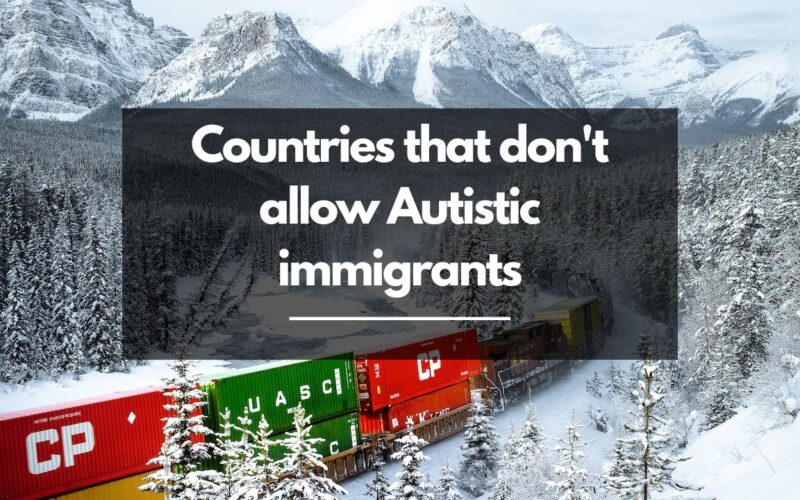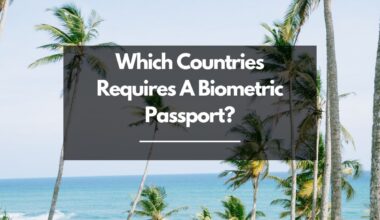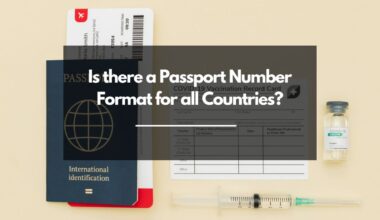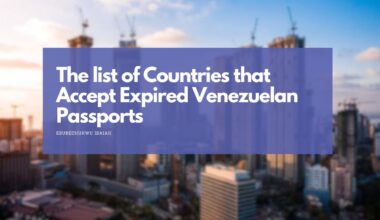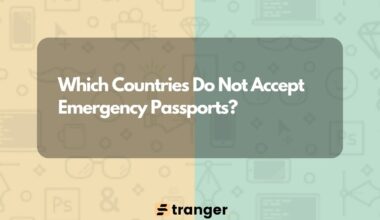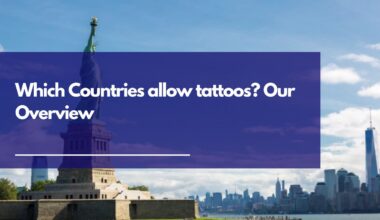As an Amazon Associate, I earn a small commission from qualifying purchases. Learn more about this.
Society is rapidly evolving to recognize and accept neurodiversity, yet this acceptance doesn’t seem to permeate all borders.
While there are good countries to live with autism, a lesser-known fact is how certain nations impose restrictions on immigration by autistic individuals. This post covers a list of these countries.
Countries that don’t allow Autistic immigrants
It’s disconcerting to think that in this 21st century, some countries still deny individuals the opportunity to immigrate based on their neurodivergence.
This is not a well-discussed topic, but it is an essential issue that needs to be addressed. In this section, we will talk about a few countries that have discriminatory immigration policies against autistic individuals
1. Australia
Australia’s immigration policy has been a subject of controversy due to its ‘health requirement.’ Essentially, Australia doesn’t permit the immigration of individuals who could potentially pose a significant cost to the country’s health or community services.
Unfortunately, this policy may include individuals with autism. This is also the same reason why the country still does Hiv testing before accepting immigrants.
They’ve justified this by arguing that such individuals might burden the Australian health system and special education services, which is a viewpoint that has been widely criticized.
This practice has come under significant fire from disability advocates and human rights organizations, who argue that such policies are grossly discriminatory and that the potential contributions of immigrants should not be overshadowed by their health conditions.
2. New Zealand
Much like Australia, New Zealand’s immigration law includes a ‘health requirement.’ Potential immigrants are required to have an acceptable standard of health to minimize costs to New Zealand’s health or special education services.
The repercussions of this policy have been brought to light in several high-profile cases where families with autistic children were denied residency. These decisions were made despite the potential immigrants’ skills, qualifications, and ability to contribute significantly to New Zealand society.
3. Singapore
Singapore, known for its strict laws and regulations, extends this rigidity to its immigration policies as well.
The nation’s immigration authorities require medical examinations, and potential immigrants with chronic medical conditions, including autism, may be denied entry. Critics say this policy reflects a broader societal issue, with a lack of understanding and inclusion for people with neurodiverse conditions.
Advocates argue for policy change, insisting on the recognition of the potential contributions of these individuals beyond the narrow lens of medical cost.
4. United Kingdom
The United Kingdom, known for its rich cultural diversity and the acceptance of immigrants from various backgrounds, also has stringent health and social care stipulations within its immigration framework.
Related: 6 Known Countries that Allow Autistic Immigrants
While the UK does not explicitly ban immigrants with autism, it employs a ‘medical examination’ clause that could potentially hinder the immigration of autistic individuals.
The ‘medical examination’ clause is part of the health assessment required for those who intend to stay longer than six months in the UK. This comprehensive examination includes a review of the applicant’s mental health condition.
While this in itself is not discriminatory, it opens up the possibility of applicants with severe autism being denied immigration, particularly if it is deemed that they may place significant pressure on the National Health Service (NHS).
Here’s a typical case of the UK denying people for autism.
Why do these countries decline Autistic immigrants?
The crux of the matter often boils down to an outdated perspective on disability, in this case, autism. Many immigration policies are built on the premise of ‘protecting’ national healthcare systems or social services from potential ‘burden.’
It’s a model that views individuals with conditions like autism primarily as consumers of services, rather than contributors to society.
This viewpoint often fails to acknowledge the many ways autistic individuals can, and do, contribute to the societies they live in.
This perspective also fails to consider the diversity within the autistic community itself.
Autism is a spectrum, and the abilities and support needs of autistic individuals can vary dramatically. To categorize all autistic people as potential burdens based on their diagnosis is not just overly simplistic—it’s unfair. In reality, this should makes these countries among the worst countries to live with autism.
Moreover, it is also important to note that these policies are often reflective of a broader societal issue.
The societal perception of neurodivergence greatly influences policy-making decisions. As societies continue to understand and accept neurodivergence, it is hoped that such discriminatory policies will be reevaluated.
This conversation isn’t an easy one, but it’s a necessary step towards more inclusive and equitable societies. It invites us to reassess how we view disability and worthiness, and challenges us to build a world that respects and values all forms of diversity.
Conclusion
It is imperative for policymakers and society as a whole to challenge existing biases and misconceptions surrounding autism and actively work towards creating inclusive immigration systems that recognize and value the unique contributions and strengths of all individuals, regardless of their neurological differences
